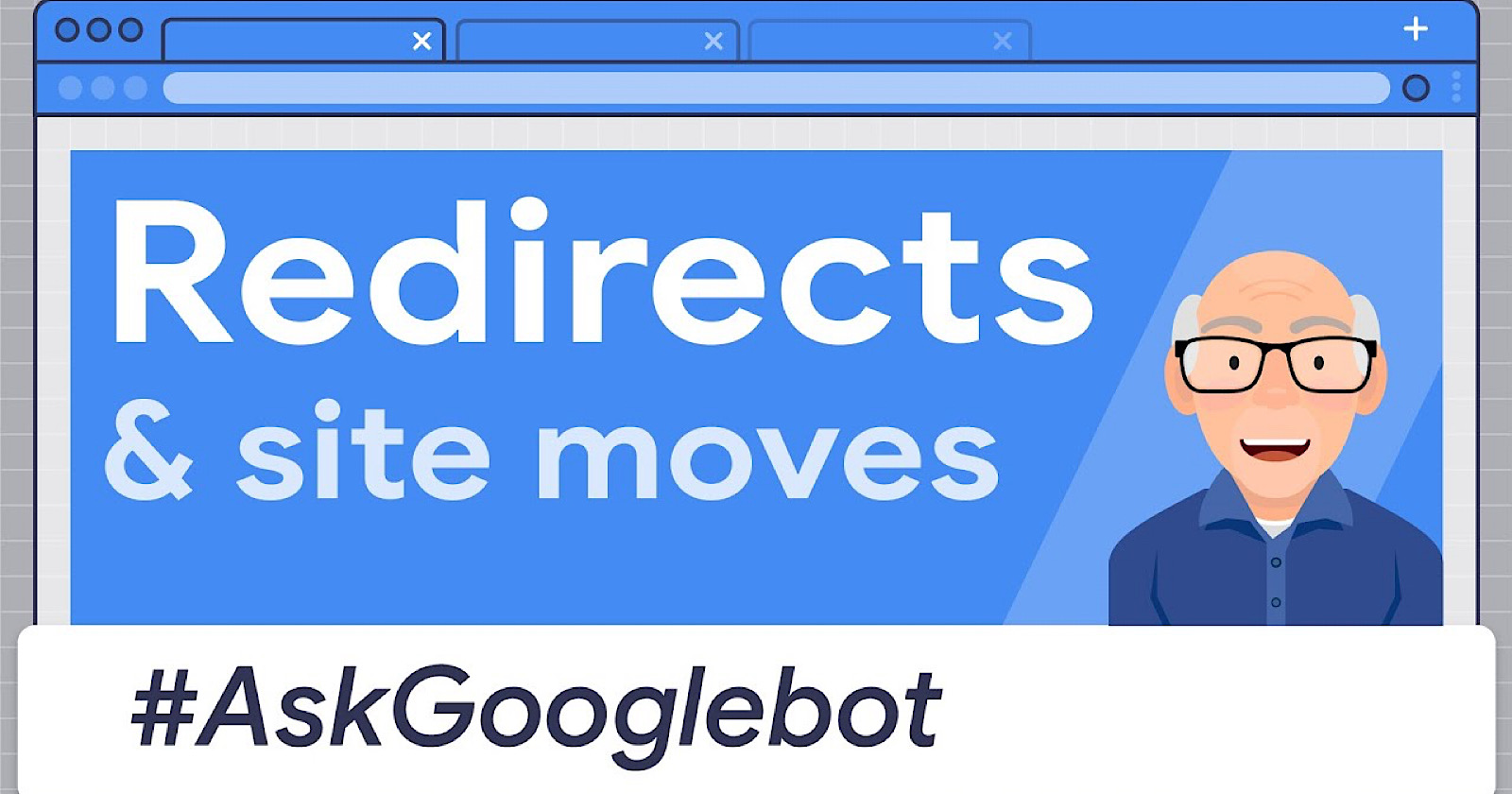Google answers how long 301 redirects should be kept in place after a site move, saying year is the minimum recommended length of time.
Why a year?
Because it takes a while for Google to process a major change like a site move.
If redirects are in place for less than a year then Google may not end up crawling the links enough times to recognize the site has been moved permanently.
This topic is highlighted in the latest installment of the Ask Googlebot video series on YouTube.
How Long Should I Keep A Redirect For A Site Move?
Google’s Search Advocate John Mueller addresses the above question by first clarifying 301 redirects are the correct ones to use in this case.
There are two main types of redirects people use on websites: 301s and 302s.
A 301 redirect signals to Google that a page has been moved permanently, while a 302 redirect signals a temporary page move.
A site move is a permanent change, so 301 is the appropriate redirect to use in this case.
- Learn More: 301 vs. 302 Redirects & SEO: The What, Why & How
Given that the web is constantly evolving, you may be wondering if permanent actually means permanent.
Mueller says:
“At Google we try to reprocess all pages at least every few months. Most pages are checked more often. However, the amount of crawling is limited and there are many pages that we’d like to crawl, so we have to prioritize.
When a URL changes our systems need to see the change in the form of a redirect for at least a few times in order to record that change.
To be certain that a redirect has been seen a few times, we recommend keeping the redirect in place for at least one year.”
With regard to site moves, it’s not as simple as redirecting the old domain to the new domain.
You have to set up 301 redirects from every individual page on the old site to the equivalent page on the new site.
If there are pages on the old site you don’t intend to keep, then it’s not necessary to redirect those to a new URL.
It’s also important to update all references to the old URLs, such as critical links from outside of the website.
Just to be clear, it’s perfectly fine to keep redirects in place for longer than a year. You can keep them up as long as you want to.
To reduce the potential negative impact a site move can have on your SEO, a year is the bare minimum length of time to keep 301 redirects in place.
For more on 301 redirects, see:
- Google Shares How 301 Redirects Pass PageRank
- Google on How Long it Takes to Rank a New URL After 301 Redirect
- Are 301 Redirects a Google Ranking Factor?
Featured Image: YouTube.com/GoogleSearchCentral, December 2021





![AI Overviews: We Reverse-Engineered Them So You Don't Have To [+ What You Need To Do Next]](https://www.searchenginejournal.com/wp-content/uploads/2025/04/sidebar1x-455.png)